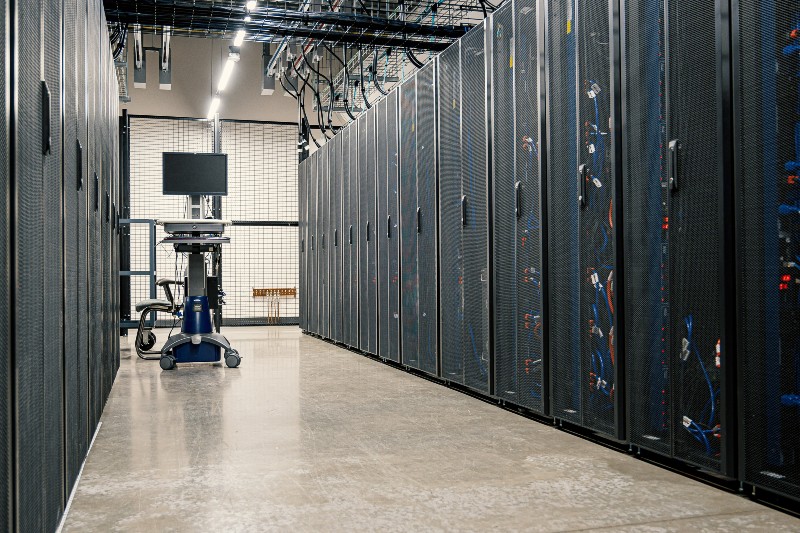Businesses and organizations are looking for security above all else when they shop for the best data centre management. Data centres offer a number of features, which make them desirable, but they are all different, so you need to know what to look for. Certain qualities, such as support, security, or a UPS for server, should be on the list. Take a look at the top six features for data centre management.
Location
When you are looking for a data centre, one of the first considerations is the location. Fortunately, a lot of data centres use the cloud, which offers remote access and makes location less of a factor. However, it is important to consider the physical location of your servers. You will want to know the risk potential based on factors such as natural disaster vulnerability, the structural integrity of the building, accessibility for you or your staff, or how close the location is to the fire department. By knowing this information, you can make a better risk assessment.
Security
The security of your data is critical, and the data centre should take every necessary measure to protect it. However, you need to consider the physical security of the building where the servers are housed as well. The data centre should have video surveillance 24 hours a day, and they should use reinforced doors and access control with more than one layer. Data security is critical, but don’t overlook the importance of physical security.
UPS for Servers
Another important consideration is whether or not the data centre uses a UPS for server. UPS stands for uninterruptible power supply, and it is a battery backup that provides power when the regular power source fails. It ensures that equipment can be safely shut down in case of a power outage, and it will keep the servers up and running. The UPS is on standby most of the time, and it kicks on when there is a power outage or if there is a voltage surge or failure. The server will get consistent, clean power regardless of what is happening with the power lines. The benefits include protection against power interruptions, adequate power during short-term interruptions, and improved power quality.
Scalability
Many businesses will grow or expand over time, so it is important to choose a data centre that can handle changes. You will find data centres with one plan for everyone, which may not work for you down the road. The problem is that you will have to move to another data centre if your needs change. Look for a data centre that is flexible and has a plan for your current needs as well as what you may need in the future.
Network Redundancy
You need to make sure that a data centre has a high percentage of uptime, and if they have several levels of redundancy, this is likely to be the case. If one network device fails, they need to have another to take its place. In addition, having network redundancy helps in times of high traffic or congestion, and it ensures that the network will be up and running all the time.
Support and Monitoring
When you choose a data centre, you need to make sure that they monitor the servers and networks 24/7, and they should be available for support. You should be able to get help when you need it. Ask them what their response plan is and how long it takes to get help when you need it. You should also find out how they offer support and whether they offer multiple channels, including SMS, chat, email, and phone.
